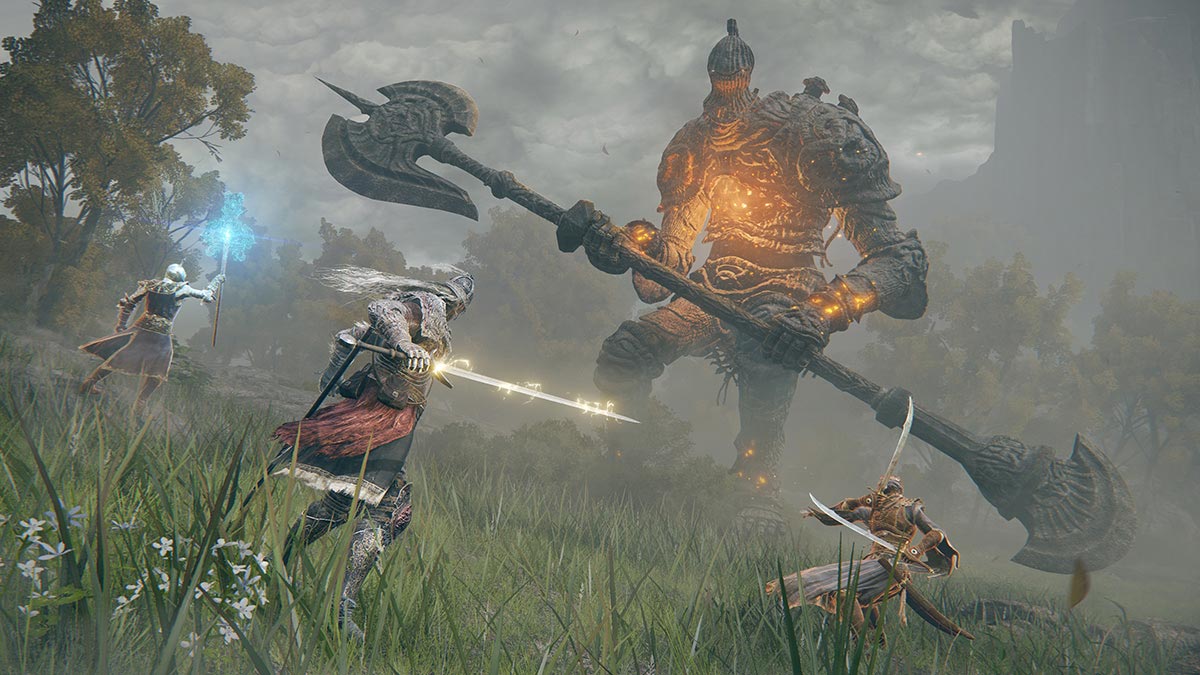For decades, the gaming industry has been about escapism and, above all else, fun. Most games are designed to be broadly appealing, with easy-to-use controls and tutorial missions long seen as essential to getting people into the titles. Now, we live amongst an abundance of accessible games because they’ve become so popular. At the same time, there’s been a stark rise in releases that are intended to be punishing.

Seemingly counterproductive given that people don’t generally want to be frustrated or unhappy, studios creating overtly challenging games are earning heaps of praise and millions in sales. It’s a rather bizarre state of play, but one that certainly makes theoretical sense when you dig into the way that gaming has evolved in recent years, along with geek culture.
Endearing Nature of Easy-To-Understand Games
It’s impossible to deny that if a game is easy to pick up and play, it’ll be able to grow a good-sized audience. Throw in beautiful imagery, fun mechanics, and rewarding wins, and you have a hit. Along with going free-to-play for ultimate accessibility, this is how mobile gaming has taken root as the largest segment of video gaming. Despite the evidence that touch-screen controls are awful, mobile games continue to bring in players because they’re inherently simple. That said, smartphone controllers are starting to bridge the gap.
Classic mobile games like Cut the Rope, which can now be played as a browser game, understood the limitations of the screen, using only quick-swipe controls. It’s a necessary undertaking because it’s the touch-screen of smartphones that have made mobile gaming so colossal through its convenience. Candy Crush Saga is another fine example, which is a very polished and accessible creation but is undoubtedly lacking in skill or difficulty to conquer.

Angry Birds is, arguably, a more complex game than either of the two examples above, but all of its core draws are inherently simple. You work against a clock, sling characters with touch controls, and get a variety of characters with simple differences, but can perfect levels because of how much the minimal user input impacts the outcome. Mobile gaming taps into what made almost all classic games so popular, but in most cases, without the potential to become very skilled at the game.
It’s clear to see that the highest-selling board games of all time are both inherently easy to understand, and have straightforward rules, but then players can be separated on skill. Chess is the best seller ever and is notorious for its steep learning curve after getting to grips with the basics. Alongside it, checkers, backgammon, and even Monopoly invoke hefty doses of skill at the higher end of the play. Like classic board games, card and table games endear players through simple starts but the ability to become better at the games.
However, there is a distinct divide between simple luck-based play and those with more user input. The live casino selection, which increasingly leans into show-style games, demonstrates this range. The likes of live blackjack, poker, and craps are easy to play upon entry, but more thought is needed to make good decisions in the games, which you learn as you play. On the other hand, roulette, Cash or Crash, Dream Catcher, and Mega Ball Live are wholly luck-based and simple to play throughout. Another card game that’s lasted the ages is Solitaire, which you can still play online because it’s simple to play and made challenging by your decisions.
Challenge Allows for Distinction Between Gamers
Particularly challenging games have always been around, with the late 1980s hit Ninja Gaiden on NES being a standout for its unrelenting desire to make you pull your hair out. Now, games are praised, hyped, and given stacks of accolades for being unforgiving. Hollow Knight is a grand example, but most recently, Hades swept gaming awards and became the first title of the medium to win a Hugo Award. Yet another game built around a punishing cycle recently stormed up sales charts, with Cult of the Lamb already becoming a cult classic.
Of course, it’s impossible to discuss this topic without mentioning FromSoftware. As much beloved as they are cursed out by players, the development team has crafted several particularly challenging games, with Sekiro: Shadows Die Twice keeping the gameplay tense due to its unforgiving nature. Equally, their earlier creations of Dark Souls changed the way the industry looks at posing a challenge, and that a well-conceived one is welcomed by players. The latest game, Elden Ring, follows suit with the potential to be particularly frustrating.



In the end, a love of these punishing games may come down to a case of identity. Geek culture used to be an entity unto itself, often given negative stereotypes. Over the last few years, though, geek culture has become the trend, with associations with gaming, sci-fi and fantasy franchises, comics, and tabletop board games being used as a way for people to identify themselves. Perhaps this is why particularly punishing games have risen in popularity.
Games like Dark Souls, Elden Ring, and even the remakes of Crash Bandicoot, to an extent, can work like gatekeepers for those who commit more of their time to gaming. If someone can’t beat a game like Sekiro, then they must not be a full-on gamer, and merely use the term to be likable. Of course, this isn’t the reality, but identifying true gamers within the community could be why so many commit hours of torment, reveling in the thrill of the most challenging games.
There’s a huge contingent of gamers who love a challenge, with the rise and popularity of more accessible games seemingly exacerbating these desires. Either way, the developers of these punishing games certainly deserve all of the praise that they get.
Featured photo by Fredrick Tendong on Unsplash.



